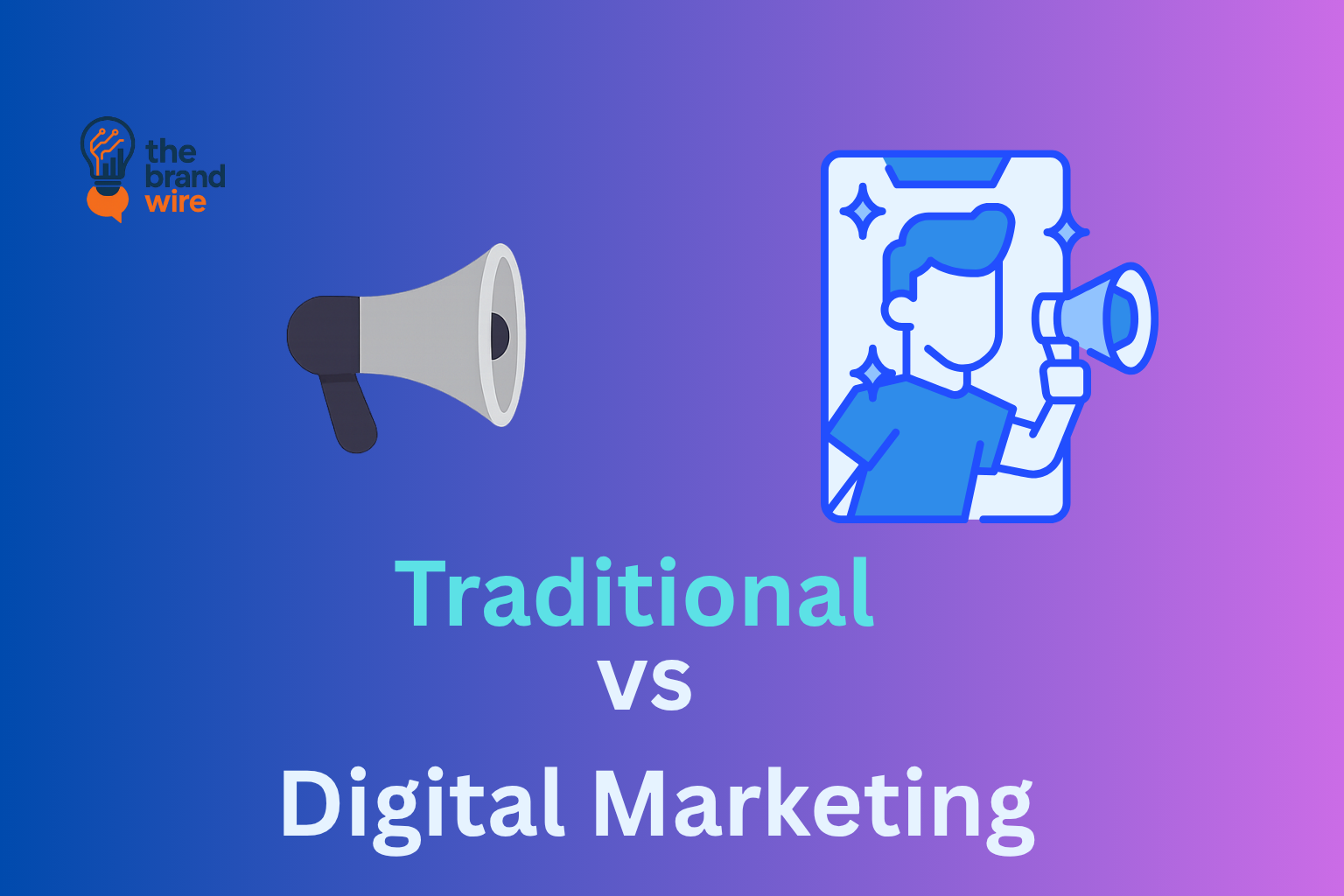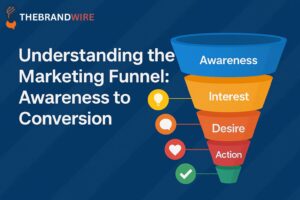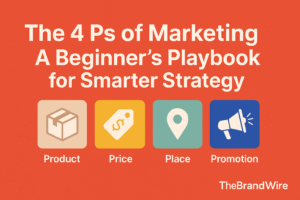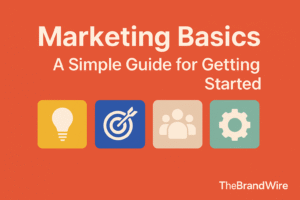Traditional and digital marketing both have their strengths—but which one suits your business best? In this blog, we will break down the differences, benefits, and ideal use cases of each to help you make an informed decision.
Introduction
The marketing world has changed dramatically in the last two decades. While traditional methods like print, TV, and radio still hold value, digital channels have transformed how brands connect with audiences. So, which approach is better? The answer lies in your goals, target audience, and budget.
What is Traditional Marketing?
Traditional marketing refers to non-digital methods of advertising and promotion, including:
– Television commercials
– Radio ads
– Newspaper and magazine ads
– Billboards and flyers
– Direct mail
These methods are ideal for reaching a broad audience and building brand credibility.
Pros of Traditional Marketing
Wider local reach – especially good for regional or rural areas
Tangible experience – people can touch and feel brochures or see hoardings
Brand credibility – appearing on TV or newspapers can enhance trust
Memorability – jingles or catchy taglines can stick for years
What is Digital Marketing?
Digital marketing leverages the internet and digital platforms to reach consumers. It includes:
– Social media marketing
– Search engine optimization (SEO)
– Email marketing
– Paid advertising (PPC)
– Content marketing
– Influencer collaborations
Pros of Digital Marketing
Highly targeted – reach people based on age, interests, behavior, and more
Cost-effective – ideal for startups or solopreneurs
Real-time analytics – see what’s working instantly
Two-way communication – engage with your audience directly
Scalable – grow your audience globally
This approach offers real-time analytics, measurable ROI, and precise targeting.
| Aspect | Traditional Marketing | Digital Marketing |
|---|---|---|
| Reach | Local to regional | Global, hyper-targeted |
| Audience | Broad, less specific | Highly segmented and personalized |
| Cost | High (TV, newspapers, printing) | Budget-friendly and scalable |
| Tracking ROI | Difficult to track | Real-time analytics & KPIs |
| Speed | Slower execution and feedback | Instant launch and optimization |
| Interaction | One-way (brand to audience) | Two-way (interactive, conversational) |
| Brand Impact | High memorability, stronger authority | Fast visibility, creative engagement |
How to Choose What’s Right for You
The choice between traditional and digital marketing depends on a few key factors. Let’s explore:
1. Your Audience
If your audience is older, local, or not digitally active, traditional methods still work wonders.
If your audience is younger, tech-savvy, or global, digital marketing is a must.
2. Your Budget
Traditional marketing can be expensive and hard to scale.
Digital marketing allows for flexible budgets and A/B testing.
3. Your Goals
If you want brand awareness in a specific area, flyers or TV ads might help.
If you want sales, leads, or engagement, digital offers more tools and tracking.
Need help deciding which one to choose?
At The Brand Wire, we believe that the right marketing strategy is the one that connects with your customer—whether it’s through a Facebook ad or a jingle on the radio.
If you’re just starting out, digital marketing gives you agility and affordability. If you’re building a long-term brand and have the budget, traditional methods still have power.
But the magic happens when you blend both—because great marketing isn’t just about where you show up, but how you show up consistently.





